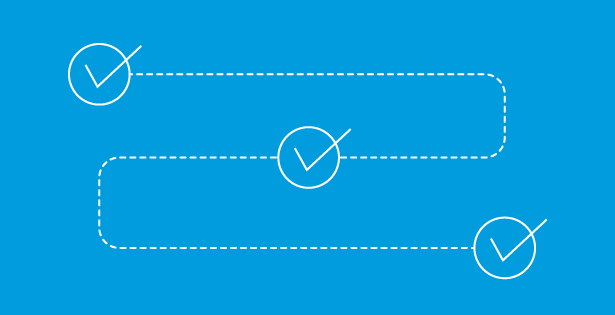As defined by Gartner’s Top Strategic Technology Trends, the “Total Experience combines multi-experience, customer experience, employee experience, and user experience to transform the business outcome. The goal is to improve the overall experience where all of these pieces intersect, from technology to employees to customers and users.” But what exactly is customer experience (CX), and why does it hold such significance?
According to Harvard Business Review, the “Customer experience encompasses every aspect of a company’s offering—the quality of customer care, of course, but also advertising, packaging, product and service features, ease of use, and reliability.” In essence, it represents the total of interactions and impressions a customer has with a brand.
Why is CX important?
In today’s competitive landscape, CX has taken center stage, no longer confined to call centers or problem-solving alone. “Customer experience and service have converged,” said Peter Schwartz, Salesforce senior vice president of strategic planning. “It is service opportunities in sales, support, and marketing. Delivering great customer experiences now means providing amazing, almost magical service at every opportunity.” (Source: Salesforce blog post The New Rules of Customer Experience and Customer Relationships).
Salesforce Capabilities and Customer Experience
In terms of Salesforce technology capabilities, customer experience is supported by the Experience Cloud product, among many others. Salesforce Experience Cloud empowers companies by providing a tailored and seamless digital experience for their customers, partners, and employees. It enables companies to build branded portals, communities, and self-service platforms, fostering engagement, collaboration, and knowledge sharing. With self-service capabilities, intuitive navigation, and personalized content, Experience Cloud enhances customer satisfaction, accelerates problem resolution, and drives customer loyalty. It also empowers partners and employees by enabling access to critical information, training resources, and collaboration tools, leading to improved productivity and streamlined operations. Salesforce Experience Cloud, Sales Cloud, and Service Cloud are designed to work seamlessly together, creating a comprehensive solution that supports end-to-end customer engagement. Overall, Salesforce transforms customer and employee experiences, fueling business growth and success.
RSM has deployed dozens of Customer Communities and Partner Communities over the years, ranging in complexity from minimal viable products using basic, free templates to pixel-perfect, custom-designed portals that support millions of end-users and involved the migration of tens of millions of records. Contact us to learn more about how we can help you.
For more information on how RSM’s Salesforce team can improve customer experience visit our website.

 RSMUS.com
RSMUS.com



